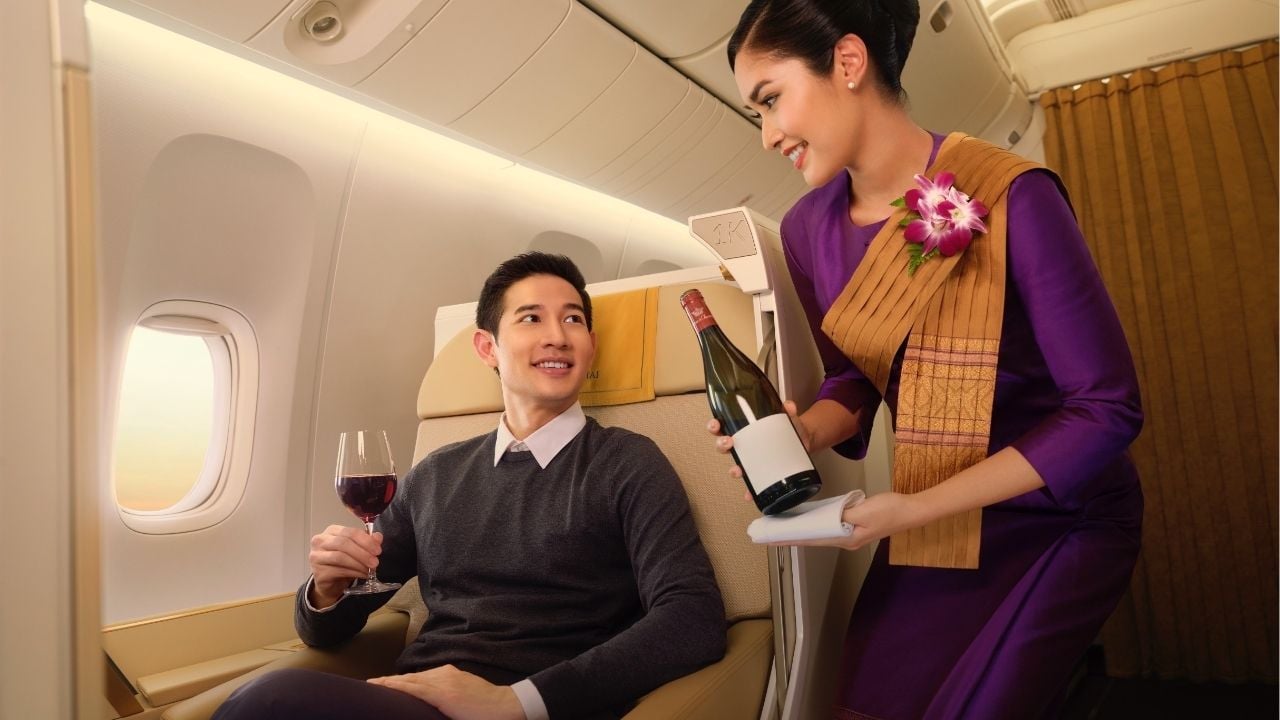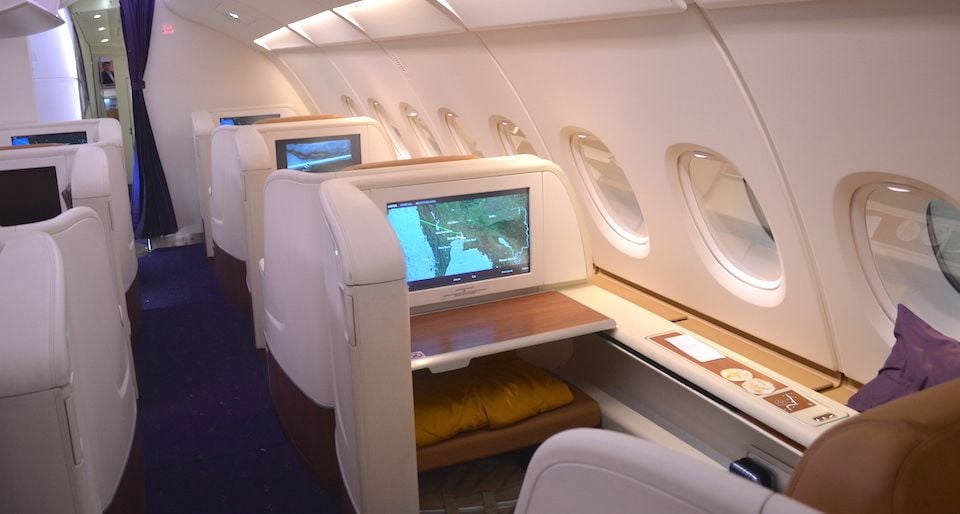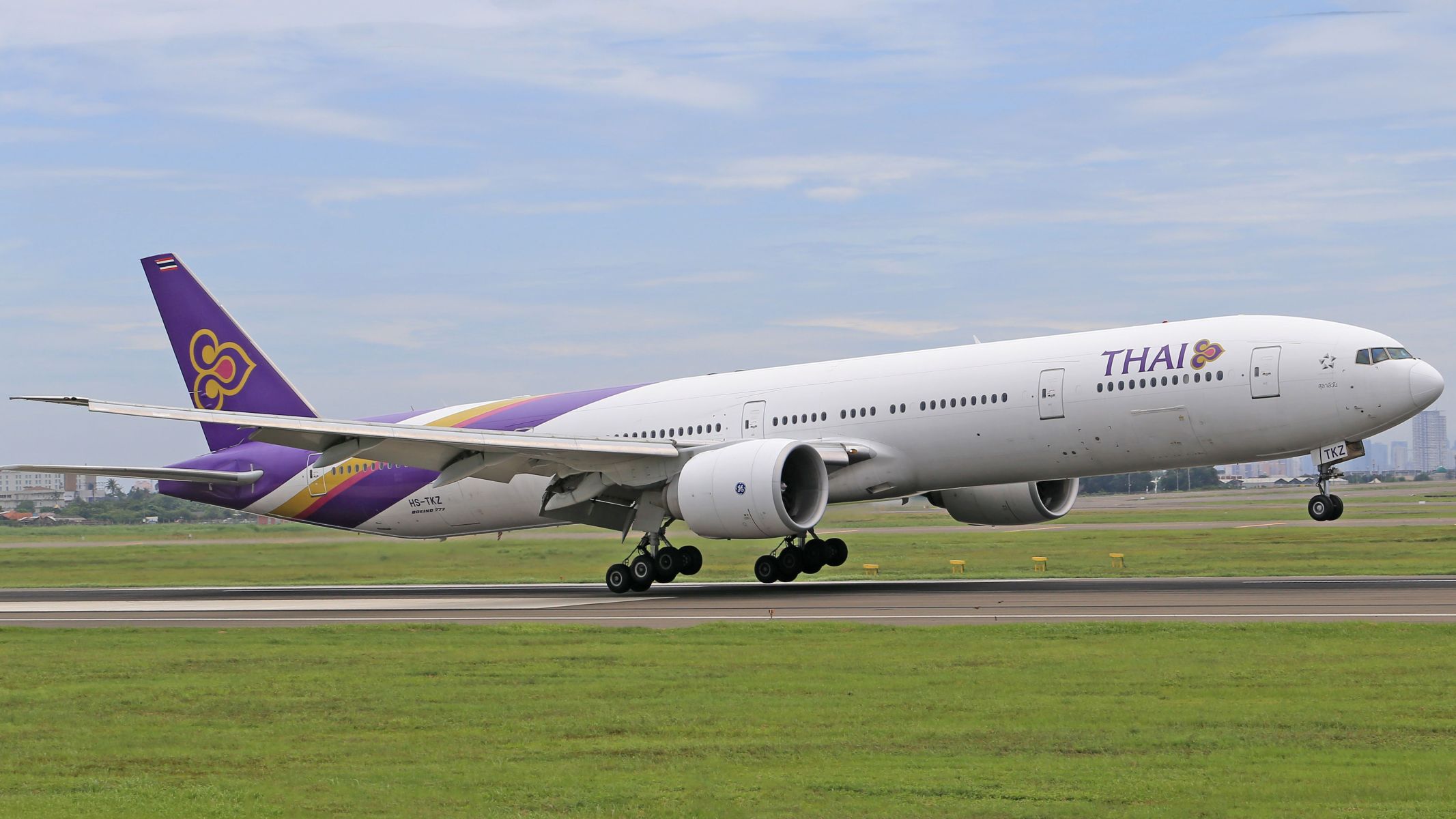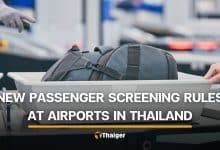Thai Airways axes first class in bold premium revamp
Carrier shifts focus to modern cabins and streamlined global network

Thai Airways has confirmed that it will retire its first class cabins, a product once hailed as the pinnacle of luxury but now confined to just three Boeing 777-300ER aircraft.
The decision closes a chapter in the airline’s history, with first class having once graced its flagship Airbus A380s, Boeing 747s and Airbus A340s. These exclusive cabins, occasionally used for royal travel, were known for their comfort but struggled to justify their commercial cost.
Today, the reality is stark. With only a handful of aircraft still offering first class, the airline has been forced to maintain costly ground services, catering and crew training for a small customer base.
An industry analyst said that limited visibility and inefficiency had eroded the product’s relevance.
“The scale simply isn’t sustainable.”
Instead, the airline is pivoting to a modernised premium offering. Over the next decade, Thai Airways will roll out new business-class suites across its long-haul fleet, complemented by a business class plus option in the front row. This concept, already adopted by several global carriers, offers extra privacy and space at a lower cost than maintaining a separate first class cabin.

The strategy is part of Thai Airways’ ambitious fleet renewal programme. The carrier has 45 Boeing 787-9s on order, due for delivery from 2028, which will become the backbone of its long-haul operations. Each will feature the upgraded business product, designed to compete with international rivals.
The changes extend beyond long-haul jets. From late this year, Thai Airways will also introduce Airbus A321neos on regional and medium-haul routes. These aircraft will not feature premium long-haul cabins but will bring modernisation and efficiency to shorter flights. Meanwhile, existing Boeing 777-300ERs will undergo retrofits within the next two to three years, replacing their first class cabins with the new-generation suites.
Officials said the move will finally give passengers a consistent premium experience across the network, something impossible under the fragmented setup of recent years, according to Aviation A2Z.

While loyal first class customers may be disappointed, the airline insists the change reflects global industry trends. By eliminating a costly, underused product and simplifying its fleet, Thai Airways aims to boost efficiency, strengthen competitiveness, and secure sustainable growth.
“Consistency and modernisation are the future.”
Latest Thailand News
Follow The Thaiger on Google News:


























